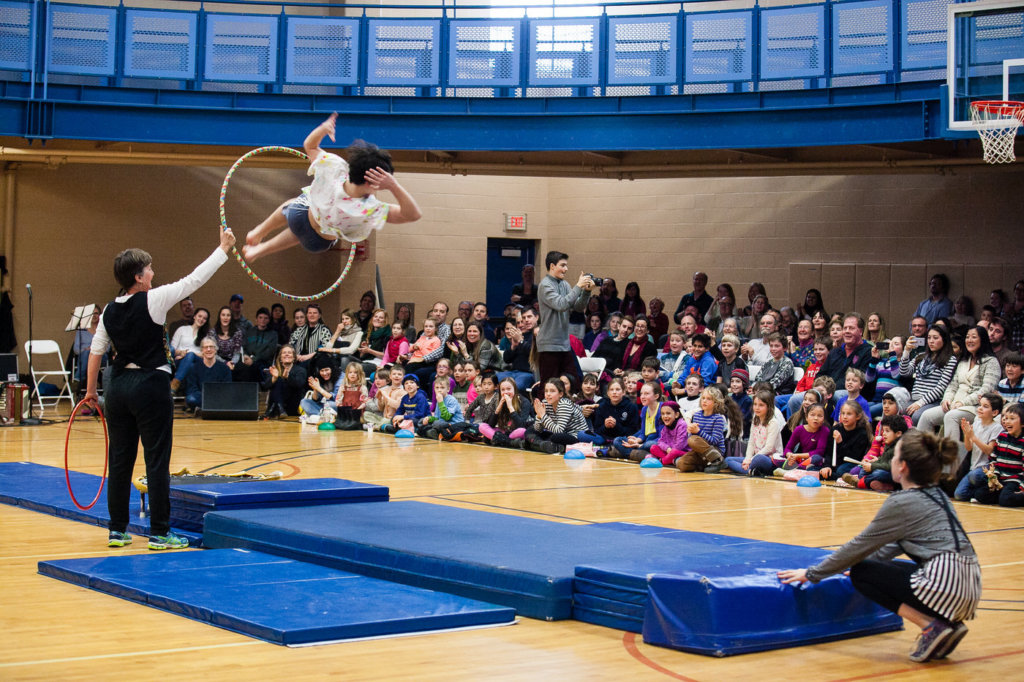Where do they go after Berkshire Waldorf School?

Where They Go From Here
After graduating from Eighth Grade, Berkshire Waldorf School students go on to:
- Our affiliate “sibling school,” Berkshire Waldorf High School
- Independent college preparatory schools near and far
- Regional, well-regarded public high schools, where they consistently place into AP classes.
What’s remarkable about Berkshire Waldorf School graduates is how they step into their next schools: with courage, creativity and community. Our goal? That each and every one is prepared to continue on to the best opportunity to fulfill their potential.

A+ Students and A+ Citizens
Students at Berkshire Waldorf School enjoy a hands-on curriculum based on Waldorf Education founder Rudolf Steiner’s understanding of child development. Designed to nurture and engage the whole child physically, cognitively and emotionally, Waldorf Education is also a social education, so students grow in a balanced way individually and among their peers.
How They Learn
Integrated with rigorous academics, Berkshire Waldorf School elementary and middle school students practice instrumental and vocal music, games and movement, farming and outdoor learning, international languages, and arts such as woodworking, knitting, painting and clay modeling. Each grade performs a play every year. The process by which students learn emphasizes experience, imagination, scientific inquiry, multiple intelligences and open-ended creativity, rather than rote learning and testing.
The goal of Waldorf Education is to establish within each child his or her own high level of academic motivation and excellence, to prepare students to succeed at their choice of high school and college and to reach their full human potential.
Meeting BWS students, one sees right away that they are happy, healthy, engaged, poised and kind. Clearly, they love learning. But how do they fare academically, in the long run?

Schools to Which Our Graduates Matriculate
- Bard Academy at Simon’s Rock Great Barrington, MA
- Berkshire School Sheffield, MA
- Berkshire Waldorf High School Stockbridge, MA
- Concord Academy (Concord, MA)
- Emma Willard School (Troy, NY)
- Hotchkiss (Lakeville, CT)
- Interlochen Academy for the Arts (Interlochen, MI)
- Lenox High School (Lenox, MA)
- Loomis Chaffee (2) (Windsor, CT)
- Millbrook Academy (Millbrook, NY)
- Milton Academy (Milton, MA)
- Miss Hall’s School (Pittsfield, MA)
- Monument Mountain Regional High School
- Mt. Everett Regional High School
- Northfield Mount Hermon (Gill, MA)
- Putney School (Putney, VT)
- Stoneleigh-Burnham (Greenfield, MA)
- Suffield Academy (Suffield, CT)
- Taconic Hills Regional High School
- Trinity-Pawling (Pawling, NY)
- Walnut Hill School for the Arts (Natick, MA)
“Being personally acquainted with a number of Waldorf students, I can say that they come closer to realizing their own potential than practically anyone I know.”
Dr. Joseph Weizenbaum
Professor, Massachusetts Institute of Technology
“If you’ve had the experience of binding a book, knitting a sock, playing a recorder, then you feel that you can build a rocket ship or learn a software program you’ve never touched. It’s not bravado, just a quiet confidence. There is nothing you can’t do. Why couldn’t you? Why couldn’t anybody”?
Peter Nitze
Waldorf and Harvard graduate
Director of an aerospace company
“Waldorf education draws out the best of qualities in young people. While this is not an instant process, the values they learn provide a lifelong platform from which to grow.”
Gilbert Grosvenor
President Emeritus of the National Geographic Society







